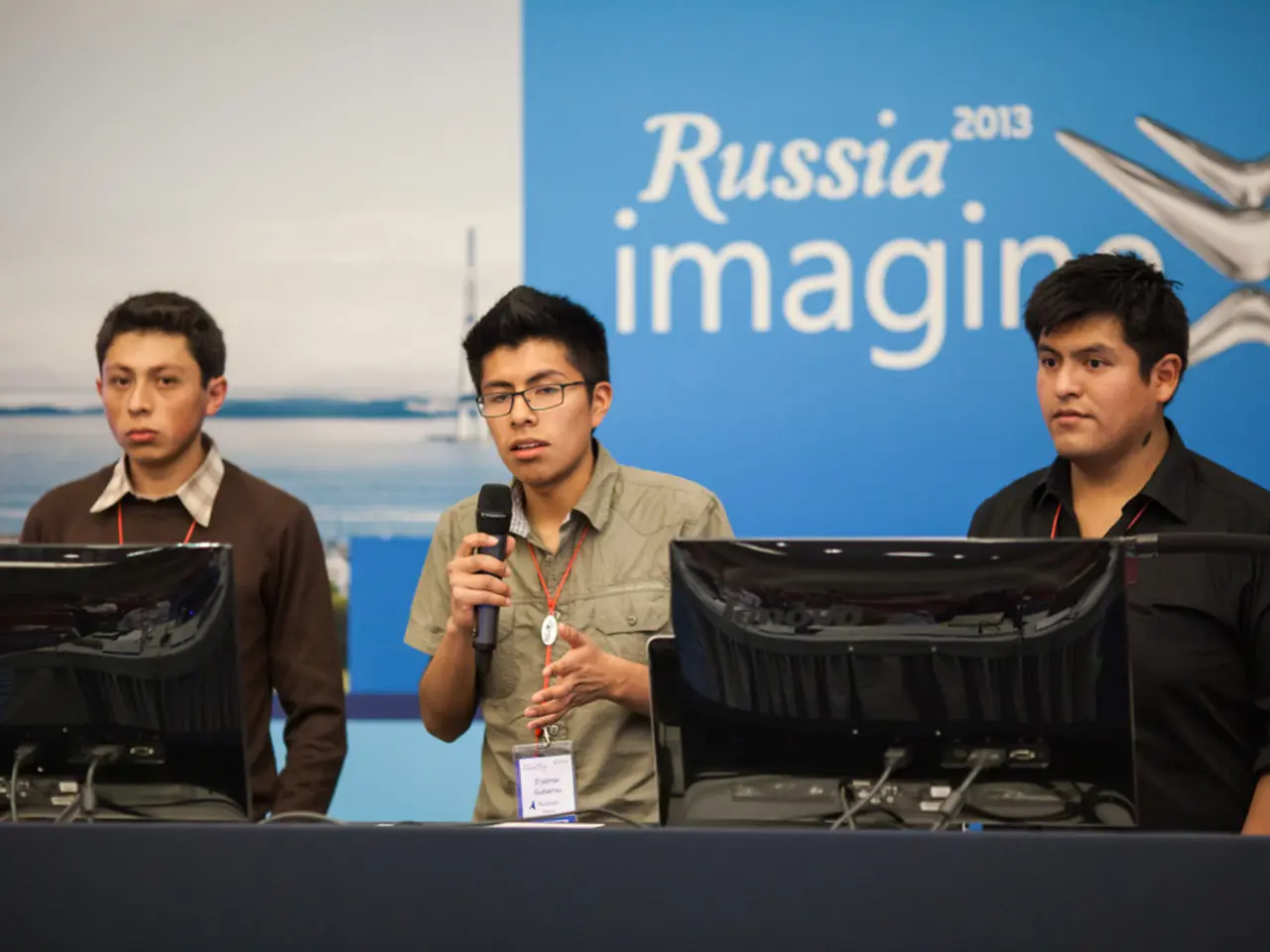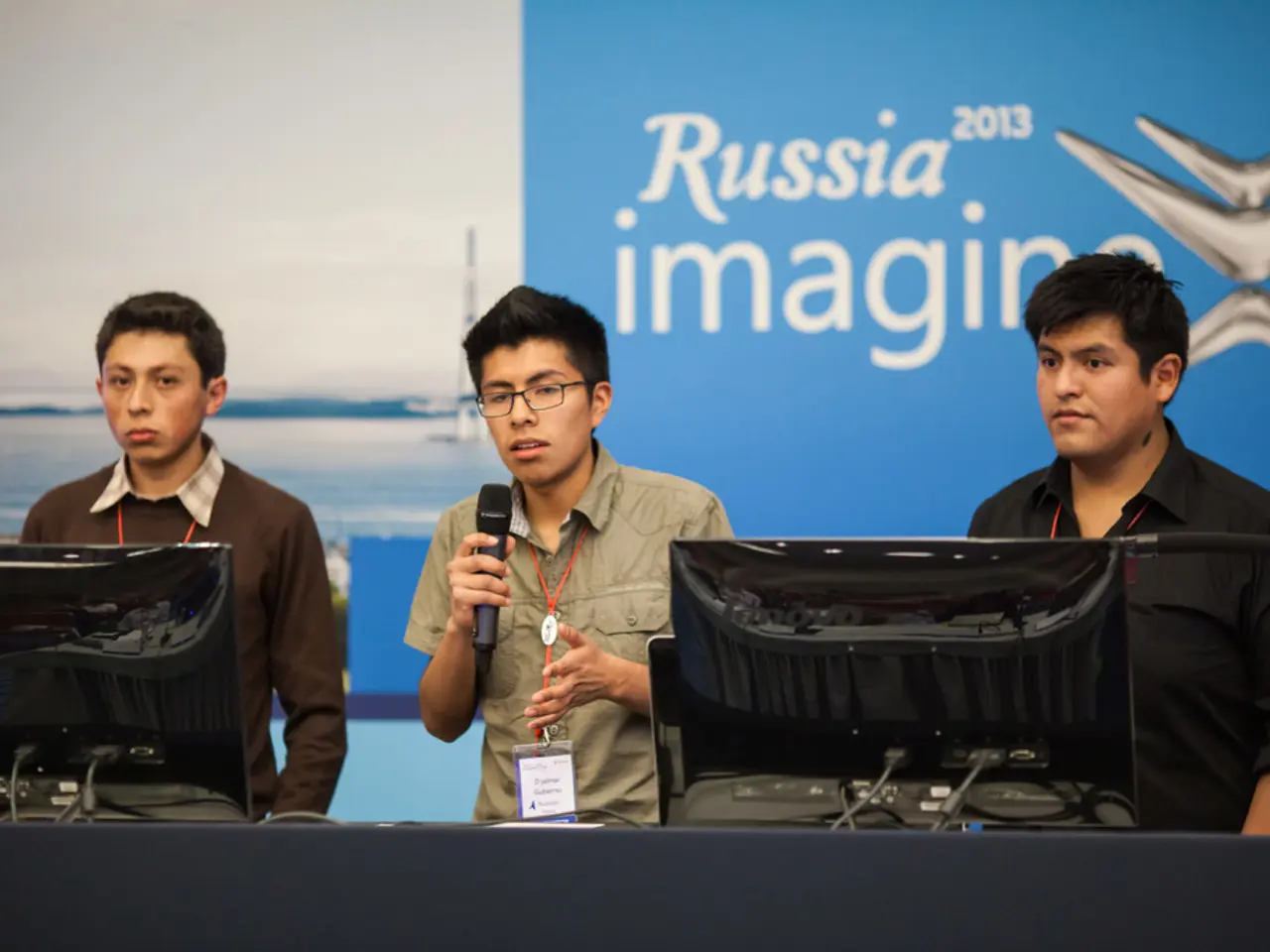United States Imposes Financial Restrictions on Russian Cryptocurrency Wallet Tied to Ransomware Attacks
The U.S. Treasury Department's Office of Foreign Assets Control (OFAC) has taken a significant step in combating cybercrime by adding the Russia-based Aeza Group to its Specially Designated Nationals (SDN) list. The move aims to disrupt the critical infrastructure that supports illicit activities, including ransomware attacks, data theft, and illegal drug trafficking.
Aeza Group, a web hosting company, has been providing Bulletproof Hosting (BPH) services to cybercriminals, enabling them to evade detection and continue malicious operations targeting victims globally. Notorious ransomware groups like BianLian, infostealers such as Meduza and Lumma, and the Russian darknet drug marketplace BlackSprut have all been hosted by Aeza Group.
Being on the SDN list means all property and interests of Aeza Group and its affiliates are blocked, and U.S. persons and entities are generally prohibited from dealing with them. This significantly restricts Aeza’s ability to conduct business and signals to international partners the risks of interacting with the group.
The sanctions also extend to Aeza’s subsidiaries and four key individuals involved in its operations, further weakening the group's operational capacity and financial resources.
By targeting a BPH provider, OFAC aims to send a clear message to other providers who enable cybercriminal ecosystems. This serves both as a punitive measure and as a deterrent, protecting U.S. national security interests by curbing ransomware, data theft, and illicit drug trafficking activities facilitated through Aeza's services.
In other news, Echo, the number-one DeFi protocol on Aptos, has launched a Token Generation Event. Meanwhile, the total trading volume in the crypto market has seen a 3.04% increase. Oasis Protocol Foundation has launched ROFL Mainnet, a verifiable off-chain compute framework powering AI applications. The Open Platform, on the other hand, has reached a $1 billion valuation, making it the first unicorn in the Web 3.0 ecosystem on Telegram.
Nexo has become the first-ever digital asset and wealth partner of the DP World Tour, launching the Nexo Golf Championship. Cooking.City is bringing back value redistribution to Solana, and PrimeXBT has launched a 'Trade As VIP' campaign offering 70% off trading fees. P2P.org has introduced native ETH staking to Ledger Live globally.
However, the spotlight this week is on a TD Bank employee who has been accused of accepting bribes to open 140 fraudulent accounts for unknown individuals by the U.S. Department of Justice.
[1] https://www.treasury.gov/press-center/press-releases/Pages/js1318.aspx [2] https://www.treasury.gov/press-center/press-releases/Pages/js2612.aspx [3] https://www.treasury.gov/press-center/press-releases/Pages/js2611.aspx [4] https://www.justice.gov/opa/pr/justice-department-announces-charges-against-russian-cybercriminals-and-their-bulletproof-hosting
Cryptocurrency enthusiasts may be interested to note that the Sanctions imposed on the Russia-based Aeza Group by the U.S. Treasury Department's Office of Foreign Assets Control could potentially impact the operations of various digital assets, as Aeza Group was providing services to notorious ransomware groups and darknet drug marketplaces. Additionally, the growing adoption of blockchain technology in financial systems, such as the launch of the Token Generation Event by Echo, a DeFi protocol on Aptos, further underscores the intersection of blockchain, finance, and altcoins.




